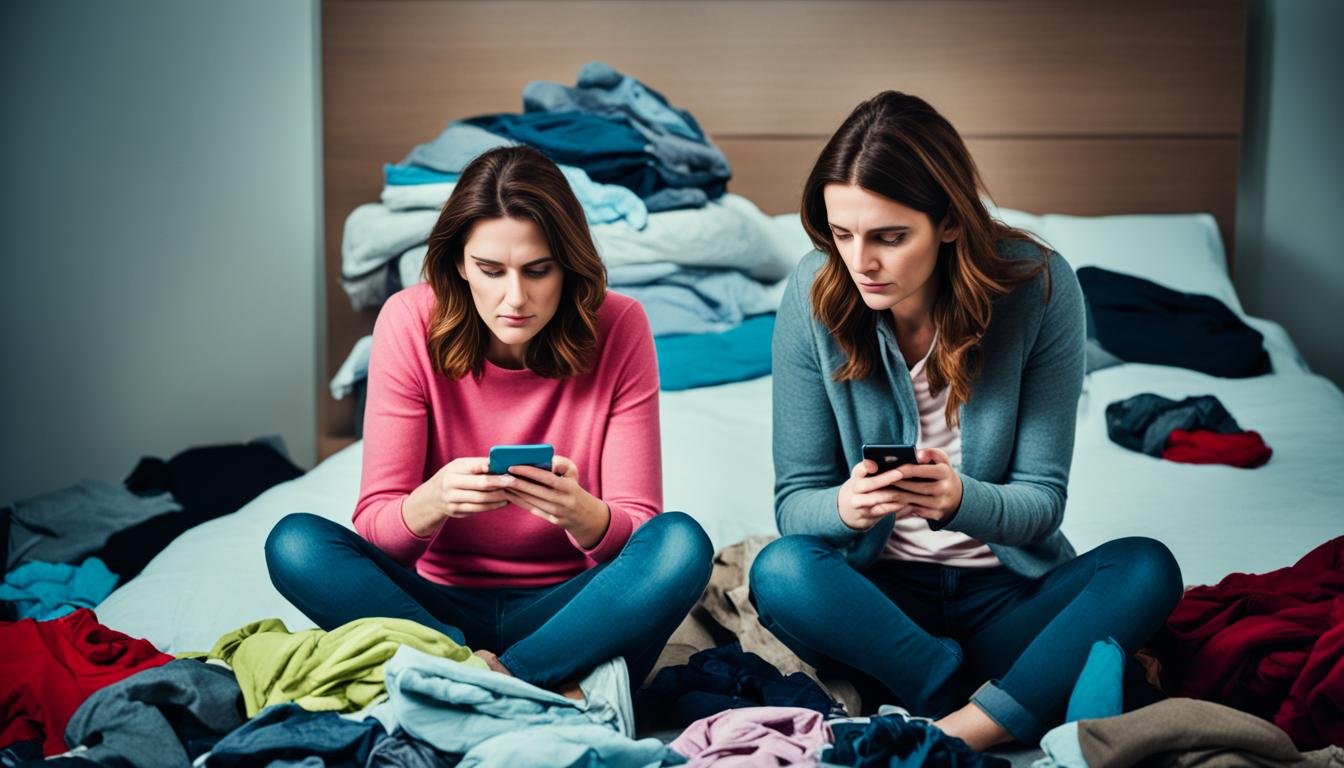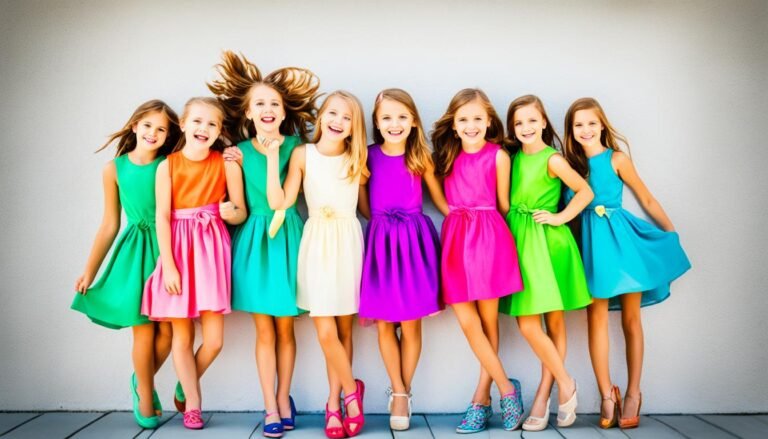Are casual hookups wrong?
Did you know that over 60% of adults in the United States have engaged in casual hookups at some point in their lives?
Casual hookups, referring to consensual sexual encounters outside of a committed relationship, are a prevalent aspect of modern dating culture. However, opinions on this topic can vary significantly.
Some individuals view casual hookups as a healthy sexual outlet or a fun and enjoyable experience. In contrast, others consider it morally wrong or inappropriate outside the confines of a committed relationship. The ethical implications of casual hookups encompass a broad range of considerations, including societal norms, personal values, and the potential risks involved.
Key Takeaways:
- Casual hookups are a common experience, with over 60% of adults in the United States having engaged in them at some point.
- Opinions on casual hookups differ, with some considering them a healthy sexual outlet, while others view them as morally wrong or inappropriate.
- Exploring the ethics of casual hookups requires considering societal norms, personal values, and potential risks.
- Cultural context and attitudes towards casual sex vary across different societies and can influence perceptions of its morality.
- Personal values play a significant role in determining whether someone sees casual hookups as right or wrong, and mental health considerations should be a factor in decision-making.
The Cultural Context of Casual Sex
Attitudes towards casual sex vary across different cultures and societies. In some traditions, sex outside of marriage is considered taboo or immoral, while others embrace sexual freedom and experimentation. The cultural context plays a significant role in shaping individuals’ views on casual hookups.
Historically, there have been prejudices against casual sex, particularly for women. Women have often faced societal judgment and have been labeled with derogatory terms due to engaging in casual sexual relationships. These stereotypes and societal norms have contributed to the perception that casual sex is morally wrong or inappropriate.
However, in recent years, societal views on casual sex have undergone significant changes. There is now more acceptance and recognition of diverse sexual relationships and preferences. People are more open to exploring their sexuality outside of traditional norms and expectations.
“The acceptance of casual sex in certain societies reflects the shift towards a more liberal attitude and the recognition of individuals’ autonomy and sexual agency.” – Dr. Rachel Simmons, Sociologist
This shift in attitudes is influenced by various factors, including the feminist movement, LGBTQ+ rights advocacy, and the advancement of the concept of individual freedom. The conversations around casual sex have become more inclusive, acknowledging that people should have the agency to engage in consensual sexual relationships without judgment or stigma.
The Impact of Gender Roles
Gender roles also play an essential role in shaping attitudes towards casual sex. In many societies, there exist double standards when it comes to expectations for men and women’s sexual behavior. Men are often praised or admired for their sexual conquests, while women may face slut-shaming or negative judgment for engaging in casual sex.
These gender-based stereotypes and expectations can influence individuals’ perceptions of the ethics of casual hookups. It reinforces the notion that men are expected to be sexually adventurous while women should be more reserved or chaste.
The Role of Stereotypes
Stereotypes associated with casual sex can further impact societal attitudes. For example, the notion that individuals who engage in casual hookups are promiscuous or lacking moral values may lead to judgments and prejudices. These stereotypes can create a moral dilemma when evaluating the ethics of casual sex.
The Evolution of Societal Norms
Societal norms regarding casual sex have evolved over time. While there may still be pockets of resistance and conservative viewpoints, there is a growing acceptance of diverse sexual relationships and preferences. People are recognizing that consensual sexual relationships can be healthy, enjoyable, and empowering when entered into with open communication and respect.
| Cultural Context | Attitudes Towards Casual Sex | Stereotypes and Gender Roles | Societal Norms |
|---|---|---|---|
| Varying cultural perspectives | Diverse range of attitudes towards casual sex | Double standards for men and women | Shift towards acceptance and recognition of diverse sexual relationships |
| Taboo or immoral in some traditions | Stereotypes and prejudices against casual sex | Impact of gender roles on perception | Evolution towards a more liberal attitude |
| Historical prejudices against casual sex | Recognition of individuals’ autonomy and sexual agency | Role of stereotypes in shaping attitudes | Acknowledgment of consensual relationships |
Personal Values and Mental Health Considerations
When it comes to determining whether casual hookups are right or wrong, personal values play a crucial role. Each individual has their own set of values and beliefs that shape their attitudes towards casual sex. For some, casual hookups may align with their personal values and desires for sexual exploration and freedom. These individuals view casual sex as a way to satisfy their physical needs without the need for emotional attachment or commitment.
However, there are those who prioritize emotional intimacy and commitment in their relationships, and therefore, they perceive casual hookups as contrary to their personal values. These individuals believe that engaging in casual sex can lead to negative emotional outcomes and potential harm to their mental well-being.
The mental health effects of casual sex remain a topic of debate and varied research findings. Some studies suggest that engaging in consensual casual sex can lead to positive emotional outcomes, such as increased self-confidence and sexual satisfaction. However, other research indicates potential negative consequences, including anxiety, regret, and reduced self-esteem.
It is important for individuals to consider their own emotional needs and boundaries when deciding whether casual hookups are emotionally healthy for them. Understanding the potential risks, such as sexually transmitted infections and non-consensual encounters, is also essential in making informed decisions about engaging in casual sex.






